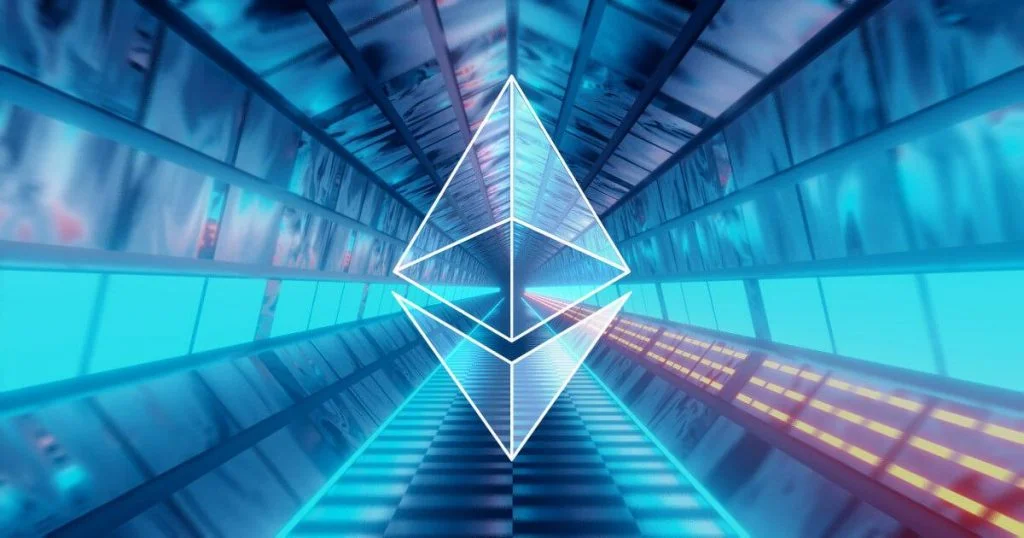Solana CEO Anatoly Yakovenko said the partnership will be beneficial due to Ethereum compatibility will make it “much easier for EVM projects to take advantage of Solana’s minimal fees, ultra-fast speeds, and future-proof scalability.

Neon Labs, a blockchain company, has established a compatibility bridge between Ethereum and Solana, allowing Ethereum programmers to implement cross-chain applications.
Neon announced Tuesday that its Ethereum Virtual Machine, or EVM, has been deployed on Solana’s testnet. The EVM allows any Ethereum-based decentralized application can use Solana’s high throughput capacity and low gas fees. In essence, Neon EVM allows anyone to run Ethereum contracts on the Solana blockchain directly.
Neon’s EVM will support decentralized applications like Uniswap, SushiSwap, MakerDAO, and 0x even during the testnet period. Later this quarter, the mainnet is slated to become live.
“Ethereum is a growing blockchain ecosystem with a lot to offer in terms of tools and infrastructure to dApp developers and users. At the same time, many people are interested in Solana because of its technical characteristics and because it is seen as a rising market,” Marina Gureyeva, a director at Neon Labs, said.
“With Neon EVM, dApp developers will be able to simply tap into the Solana market and provide customers with a wonderful experience without having to change their interface or tools.”
According to Solana CEO Anatoly Yakovenko, Ethereum compatibility will make it “much easier for EVN projects to take advantage of Solana’s minimal fees, ultra-fast speeds, and future-proof scalability.”
On the Solana blockchain, a slew of new developers and businesses are debuting. As previously reported, Swiss-based Digital Assets AG has started tokenized stock offers on Solana, allowing traders to purchase tokenized shares of leading blue-chip companies such as Facebook, Alphabet, Netflix, and Tesla.
As blockchain innovation moves to the application layer, Yakovenko believes Solana will be able to onboard a billion users in the next years.
Meanwhile, the protocol has attracted high-value investors from all around the venture capital industry, including Andreessen Horowitz, CoinShares, CMS Holdings, and Alameda Research.
